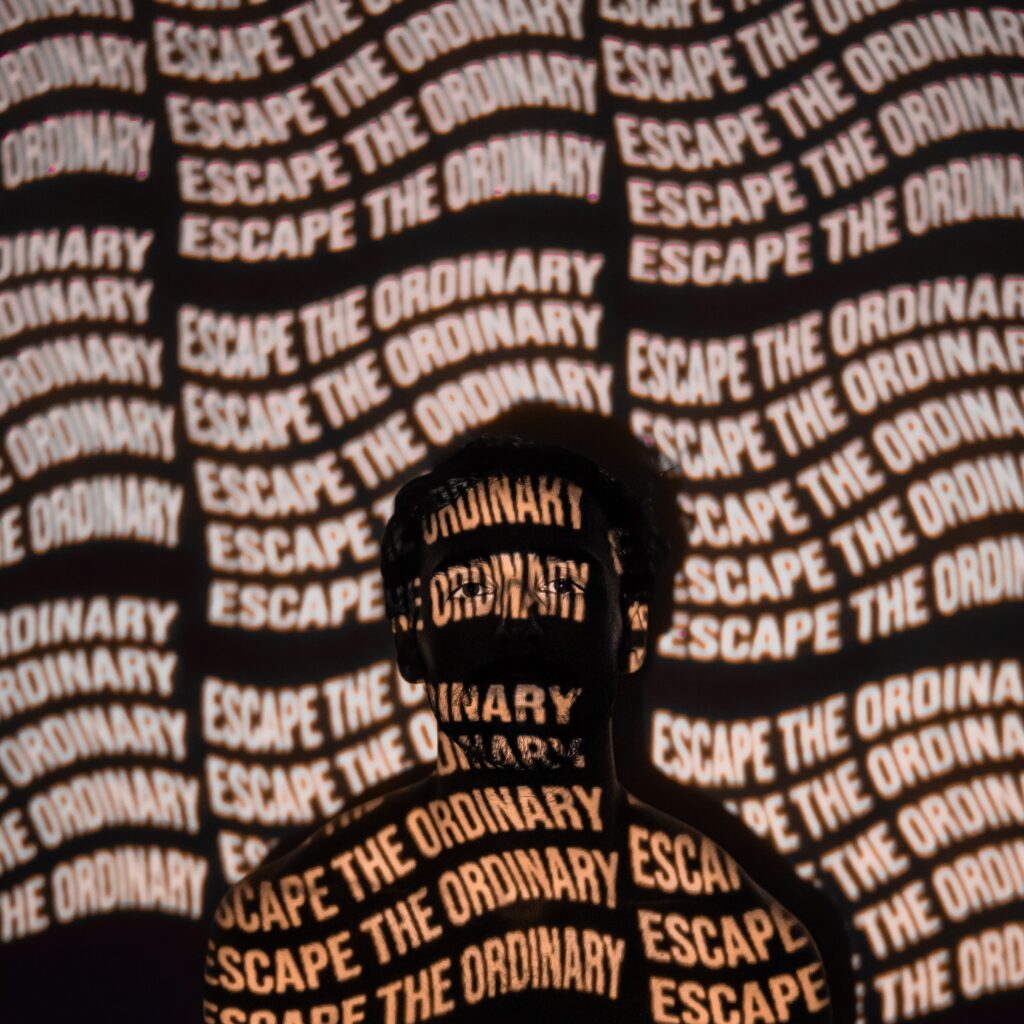People have a need to feel unique and special in different areas of life. Whether it’s being the most artistically talented in a group, most athletic, intellectually brilliant, or physically attractive. There is a drive to be unique, stand out, and distinguish oneself within a social group. This need is constantly calibrated using social comparison to assess one’s standing in a social setting at all times. That is to say, I’m only intelligent if I can rate myself superior to every other intelligent person in the group (potential competitors). The comparison comes from a need for a frame of reference for rating. It’s an attempt to build a self-concept.
That need to stand out might result in a feeling of envy or even threat when other people close to you prosper in that same area. There is often a bit of envy and feeling of being outshined especially via attributes you value in yourself. For example, when a close friend outperforms you in class, or a colleague gets a raise and you don’t, there’s often a slight feeling of envy. But what causes this?

As it has been established already, the need to compare comes from a need for a frame of reference or a scale of measurement for assessment. For example, in a school setting, after results from a test have been released, it’s often not enough to get your result. You’re often compelled to see other people’s results to get a feel of the general performance. Most likely your first question would be what did the best get? You’ll most likely be more concerned with the number of people you outperformed or outperformed you regardless of the mark itself. For instance, a B+ will likely be more satisfying if it’s the most outstanding performance in the class compared to when it’s an average mark. It’s always a comparison against others to assess one’s social standing and that comparison mainly takes place among people in the same social group, like people of the same age, or gender among others.
What then is with the need to be unique or special? Back in the day, when humans hadn’t yet developed complex tools to simplify life, they were vulnerable in the wilderness and thus the formation into social groups to increase their chances of survival. That is why social belonging was crucial. Being ostracized from a group skyrocketed one’s chances of death, if not by wild animals, then by starvation. That’s partly why to this day, social rejection feels like a punishment close to a death sentence. It’s also at the roots of the human need for social belonging.

However, along the way, humans developed complex tools and societies. Resources become abundant through crop cultivation and animal domestication, and the wilderness became slightly less dangerous because of the development of weapons and fire. With the abundance came the development of ownership claims and hierarchies, that is to say, some people had more than others. If one had beans, the other had maize, hence the necessity and development of the exchange. With exchange naturally came market pricing where the price is influenced by the relative scarcity or abundance of something. After all, the price of water is zero because it’s in abundance. Value becomes proportional to scarcity and uniqueness.
With the development of exchange also came an advancement towards specialization. It’s only logical to focus where you have a competitive advantage. With specialization comes the value and status of people based on what they can offer in which case value is not only proportional to the highest quality but also scarcity and uniqueness. For example, being the only neural surgeon at a big hospital probably makes you a highly valued medical personnel. Thus the need to be unique and special.
Now, being unique means marking your little territory. Having someone else prosper in that territory pokes at your uniqueness and thus value. This brings us to the reason for envy when someone else prospers. It is governed by two factors; the closeness of said ‘competitor’, and the relevance of the domain of competition. Closeness means the closer said competitor is to you, the more envious or insecure you might feel when they prosper. For example, the success of a colleague in the same workplace might affect you more than a stranger in a different workplace. Closeness can also apply to social groups, for example, the success of someone your age will affect you more than that of an older person.

Relevance of the domain of competition means, that the more you value that aspect of competition, the more you’ll probably get affected: If you have always valued your attractiveness, you’ll hardly be affected by someone else being outstanding in a science fair. But you might become envious when the new town beauty begins to take the spotlight from you.
What’s the solution?
A solution would be to narrow down your domains of competition. It involves focusing on areas where you outperform and cede some territory, especially where you’re outperformed. For example, if you value being a prosperous athlete in a specific sport, and someone else close to you also starts to strive at being a prosperous athlete in that same team, you could narrow it down to being the best in a specific position in that team. If the positions are the same, then the difference can be in the unique skill sets you each bring to the same position. For example, you could be an elusive striker whereas your competitor is more of a speedster. The more you narrow down, the more you realize that no person can have the same unique skill set. It’s not about competing with them, it’s about working on and developing your unique skills a bit better. Looking at it from that perspective makes you realize that you are most likely your own competition. Doing this also helps someone benefit from reflected glory rather than negative social comparison.
Reflected glory is antithetical to negative social comparison. In this case, rather than feeling envious of someone else’s prosperity; you’re happy and able to bask in their glory. It occurs in the opposite conditions compared to negative social comparison, that is; It’s likely to occur either where the person isn’t that close to you, or if the domain of competition isn’t that relevant. If for instance, you have always wanted to be a surgeon, finding out that your friend has become the best lawyer in town might bring you great joy and pride rather than envy.
Narrowing your domain of competition helps you see the uniqueness in you that boosts your self-concept and the uniqueness in others that gives you joy from reflected glory. That is a state in which you’re happy for your uniqueness and also someone else’s uniqueness. It is a positive feedback loop because it fosters collaboration and mutual growth by appreciating and leveraging each other’s attributes. After all, if you find joy in someone else’s prosperity, you’ll be inclined to contribute to their growth as they contribute to yours. Rather than competing, you build a team of people with varying skill sets and work together to contribute to each other’s growth. You’re unique and so is everyone else and that’s the beauty.
A problem with social comparison is that when comparing, you single out a single domain and disregard the rest. For instance; you’ll look at a work colleague and envy their wealth in comparison to yours. It even gets worse in a way that: for each aspect of your life you single out everybody better than you in that particular aspect. You look at an Instagram or Facebook post of a friend on vacation and conclude that you have no life. You’ll look at another getting certificates and promotions on LinkedIn and ask yourself what you’re doing with your life. Every single comparison makes you feel less than as a whole. But then you don’t know what goes on in the lives of people you look up to. Perhaps they harbor a multitude of problems behind the scenes. Comparing the facade they display to your own life is an invalid comparison.

So, should we compare ourselves to others or not? The answer depends on the motives behind the comparison. There are two basic motives behind social comparison; self-enhancement and self-improvement. The former is an ego boost from knowing that you’re better than someone else at a certain aspect. This leaves your emotional state fragile because much as being better than someone else, by comparison, boost your ego, finding someone better than you poke at your ego. And believe me, there’s no shortage of people better than you in one way or the other. The self-improvement motive however helps you assess your stand to know how you can improve yourself. You assess people who are better than you in certain areas and find out what makes them so. You get mentors for guidance or role models to look up to.
Compare yourself with others to the extent that it makes you grow by evaluating how far you are and learning from people better than you. Don’t compare yourself as a way of boosting your ego from knowing you are better than others. That’s a double-edged sword that cuts both ways.

